I'm struggling with the following flow:
.enrichHeaders(h -> h.headerFunction("ocp-apim-subscription-key", m ->
"xxx"))
.handle(Http.outboundGateway("https://northeurope.api.cognitive.microsoft.com/vision/v3" +
".0/read/analyzeResults/abc")
.mappedRequestHeaders("ocp-apim-subscription-key")
.httpMethod(HttpMethod.GET))
.enrichHeaders(h -> h.headerFunction("ocp-apim-subscription-key", m ->
"xxx"))
.handle(Http.outboundGateway("https://northeurope.api.cognitive.microsoft.com/vision/v3" +
".0/read/analyzeResults/def")
.mappedRequestHeaders("ocp-apim-subscription-key")
.httpMethod(HttpMethod.GET))
The first request is submitted correctly and I get the result, for the second one I get 401 UNAUTHORIZED which means, the ocp-apim-subscription-key is not included. I've tried without the second enrichment step as I thought that the headers won't be cleared but it also didn't change anything.
Any idea what I might be doing wrong? Do I need to configure the header mapper somehow differently?
Here is the output of the debug which clearly shows that the header is included:
17:45:31.468 [main] DEBUG org.springframework.integration.http.outbound.HttpRequestExecutingMessageHandler - bean 'ocrDocument.http:outbound-gateway#2' for component 'ocrDocument.org.springframework.integration.config.ConsumerEndpointFactoryBean#3'; defined in: 'processing.OCRIntegrationFlow'; from source: 'bean method ocrDocument' received message: GenericMessage [payload=<200,[Transfer-Encoding:"chunked", Content-Type:"application/json; charset=utf-8", x-envoy-upstream-service-time:"25", CSP-Billing-Usage:"CognitiveServices.ComputerVision.Transaction=1", Strict-Transport-Security:"max-age=31536000; includeSubDomains; preload", x-content-type-options:"nosniff", Date:"Mon, 31 Aug 2020 15:45:31 GMT"]>, headers={Transfer-Encoding=chunked, ocp-apim-subscription-key=xxx, id=11fa4a77-d97a-772b-69b6-059de29ef808, contentType=application/json;charset=utf-8, http_statusCode=200 OK, Date=1598888731000, timestamp=1598888731467}]
UPDATE I've recorded a session with wireshark (switched to http instead of https as I couldn't get it to work). It seems that in the second request the subscription-key isn't propagated. For some reason in the second one more headers are included.
First one
Second one

